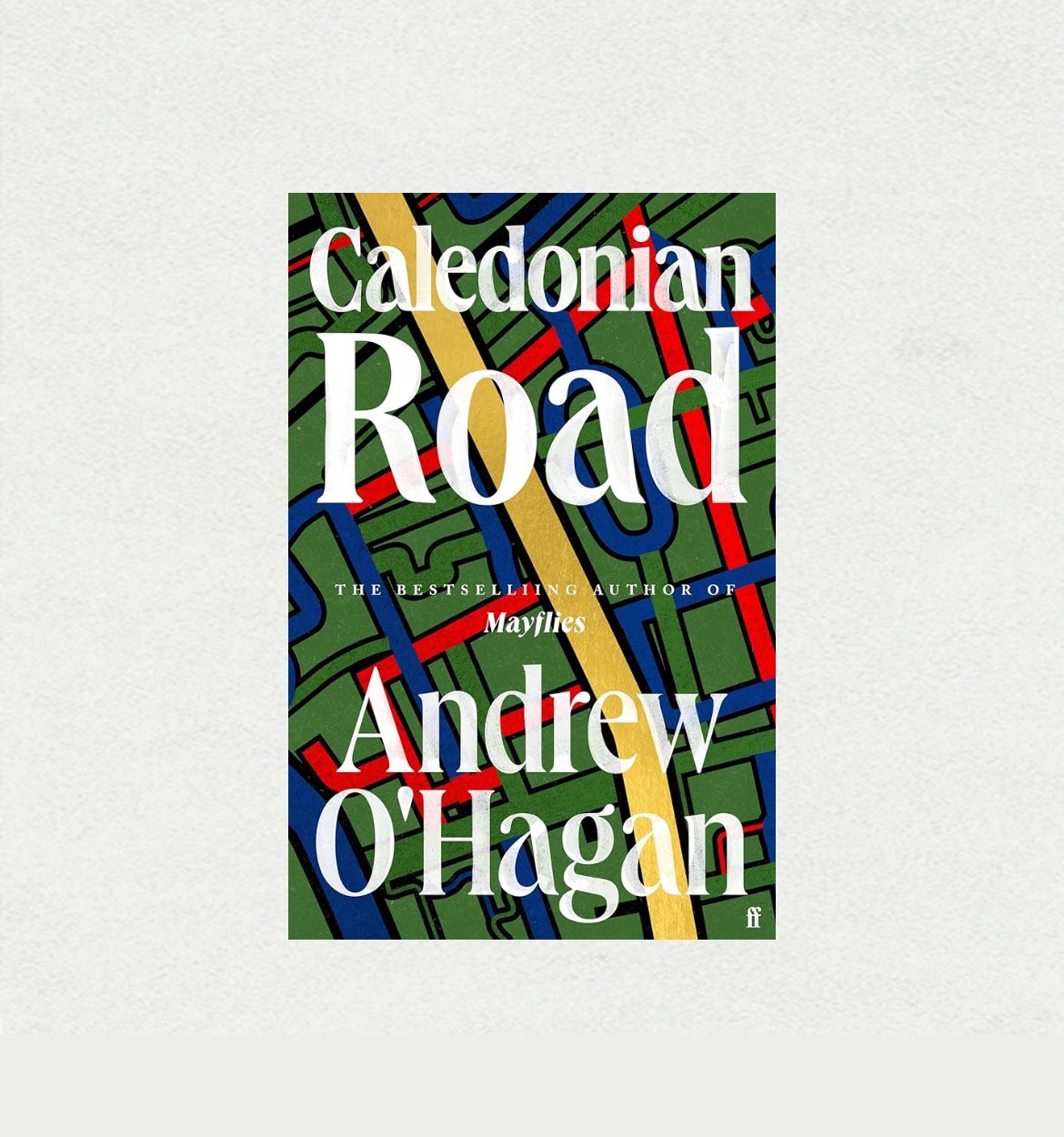
Caledonian Road (2024)
Caledonian Road is set largely on and around the titular thoroughfare, which heads northwards from near London’s King’s Cross station. Its action takes place in the very recent past, in a year’s period between early 2021 (and the ending of major Covid restrictions) and early 2022 (with Russian’s invasion of Ukraine on the imminent horizon). It’s introduced (at least in this pre-release version) by an extensive list of characters, setting the tone for the sprawling, somewhat Dickensian nature of the 600-ish pages to follow. At its undoubted centre, though, is the aging white liberal academic Campbell Flynn, clearly something of a proxy for the author. Having worked his way up in society from humble Glaswegian roots, through a combination of academic achievement and marriage into minor aristocracy, Campbell is a lecturer at UCL, a published art historian (most recently of an acclaimed life of Vermeer), sometime glossy magazine columnist and podcaster. Yet he senses shifting sands in society, and mostly the ones that uphold everything that he holds dears. Campbell, like the liberal intelligentsia he represents, is in crisis. And so, it seems, are his city and his country.
Homesick (2023)
Homesick is a childhood memoir / coming of age story of a girl called Amy, who is seemingly a reasonably direct proxy for Croft herself. Central to the story is her relationship with her younger sister Zoe The two are initially inseparable, with a unique bond that they supplement with the creation of their own unique symbol-based language. When Zoe develops a life-changing illness, Amy becomes wracked with guilt, which only seems to expand when she moves away to college at just fifteen, accepted on the basis of her prodigious grasp of Russian. Along the way, there are also explorations of young love, as both girls become obsessed by their language tutor; grief, as they deal with an unexpected suicide; and of course language itself.


